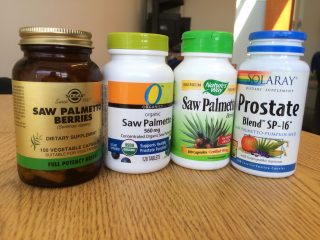
DNA Barcoding of Dietary Supplements
Damon Little and collaborators
In the United States, approximately 17% of adults and 9% of children consume herbal supplements. Regulations to ensure product quality are very limited, resulting in a wide range of quality and sporadic reports of adulteration. Generally, marketers purchase bulk lots of morphologically unidentifiable plant materials (e.g., in powder form) and package it for retail sale. Because identity of the plants cannot be easily verified, adulterated or illegal products are sometimes sold to the public — often without the marketer’s knowledge. We have developed DNA techniques that can reliably determine which plants are included in a number of herbal products.
More information:
NYBG Science Talk Blog Post: DNA barcoding in the New York Times
NYBG Press Release: DNA barcoding of ginkgo supplements
Scientific American News Story: DNA barcoding of black cohosh supplements
NYBG Science Talk Blog Post: DNA barcoding of saw palmetto supplements
Abstract and Publication in Genome: DNA barcoding of Ginkgo biloba supplements
Abstract and Publication in Scientific Reports: DNA barcoding of saw palmetto supplements
Abstract and Publication in AOAC International: DNA barcoding of black cohosh supplements
New York Times: New York Attorney General Targets Devil’s Claw Manufacturers

Dietary supplements analyzed using DNA barcoding.